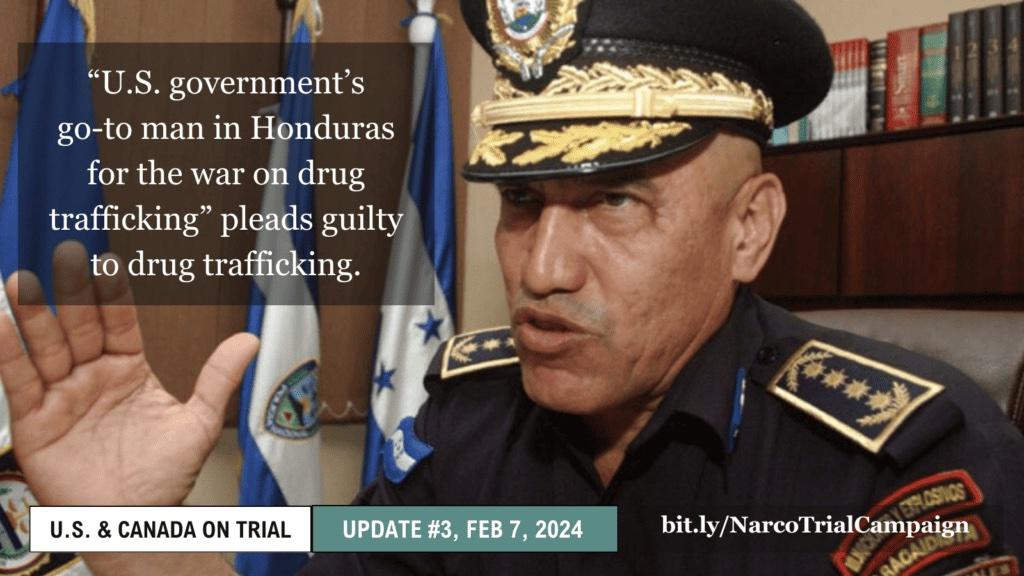We wrote to officials in Honduras about another attack on a campesino cooperative leader in the Aguán Valley, Colón Department, in northern Honduras.
José Abel López Perdomo has been outspoken in denouncing the activities of criminal groups (suspected to be aligned with agroindustrialists) who threaten and extort the families of the Remolino Cooperative in Trujillo. He has also been falsely criminalized by the Agroindustrial Company Oleopalma and the head of security of the company Grupo Litoral, hired by Oleopalma, who accuse him of usurpation of the Remolino farm.
On January 30, while transporting palm fruit with other farmers, their vehicle was intercepted by armed men in hoods who forced José Abel López Perdomo into another vehicle and drove away. He has not been seen since.

